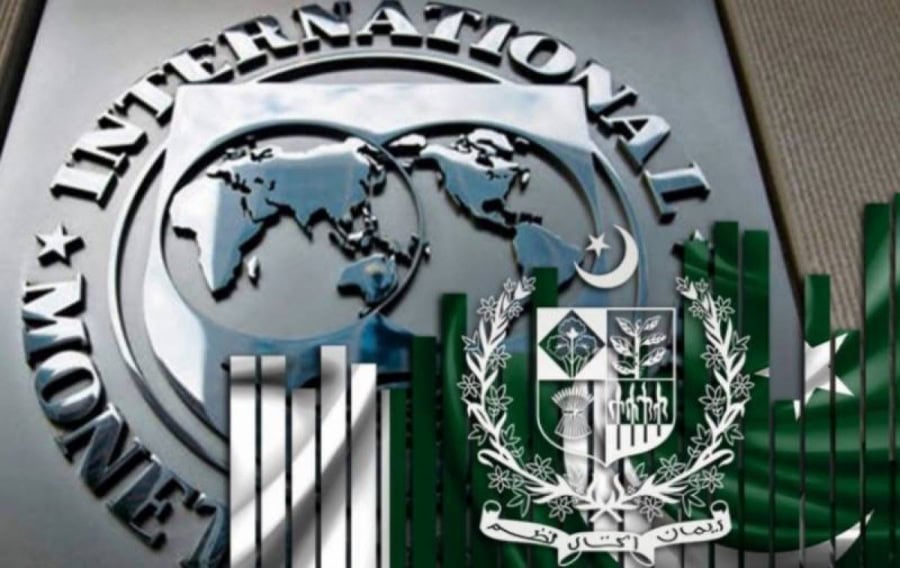The International Monetary Fund has set several pre-conditions that Pakistan must fulfil before a staff-level agreement can be reached.
These conditions include the implementation of new taxes, an increase in electricity and gas tariffs, and comprehensive reforms in the energy sector.
One of the key demands from the IMF is the imposition of an 18% General Sales Tax on petroleum products. However, the government is considering an alternative approach by imposing a carbon levy on petroleum instead of the GST next year.
The negotiations have been particularly challenging, with further discussions set to take place today between the IMF mission, Finance Ministry, and Federal Board of Revenue officials. The outcome of these talks will be crucial in determining whether a new bailout package can be secured. Sources indicate that the government is already charging a petroleum levy of Rs60 per litre on petroleum products. It is estimated that this levy will generate Rs2,295 billion in revenue over the next two years, with Rs1,080 billion expected in the next financial year alone. The revenue from the petroleum levy is projected to increase to Rs1,215 billion in the following year.
Despite the intense negotiations, it appears that a new bailout package with the IMF is likely to be renegotiated after the new budget is presented in accordance with IMF conditions.










